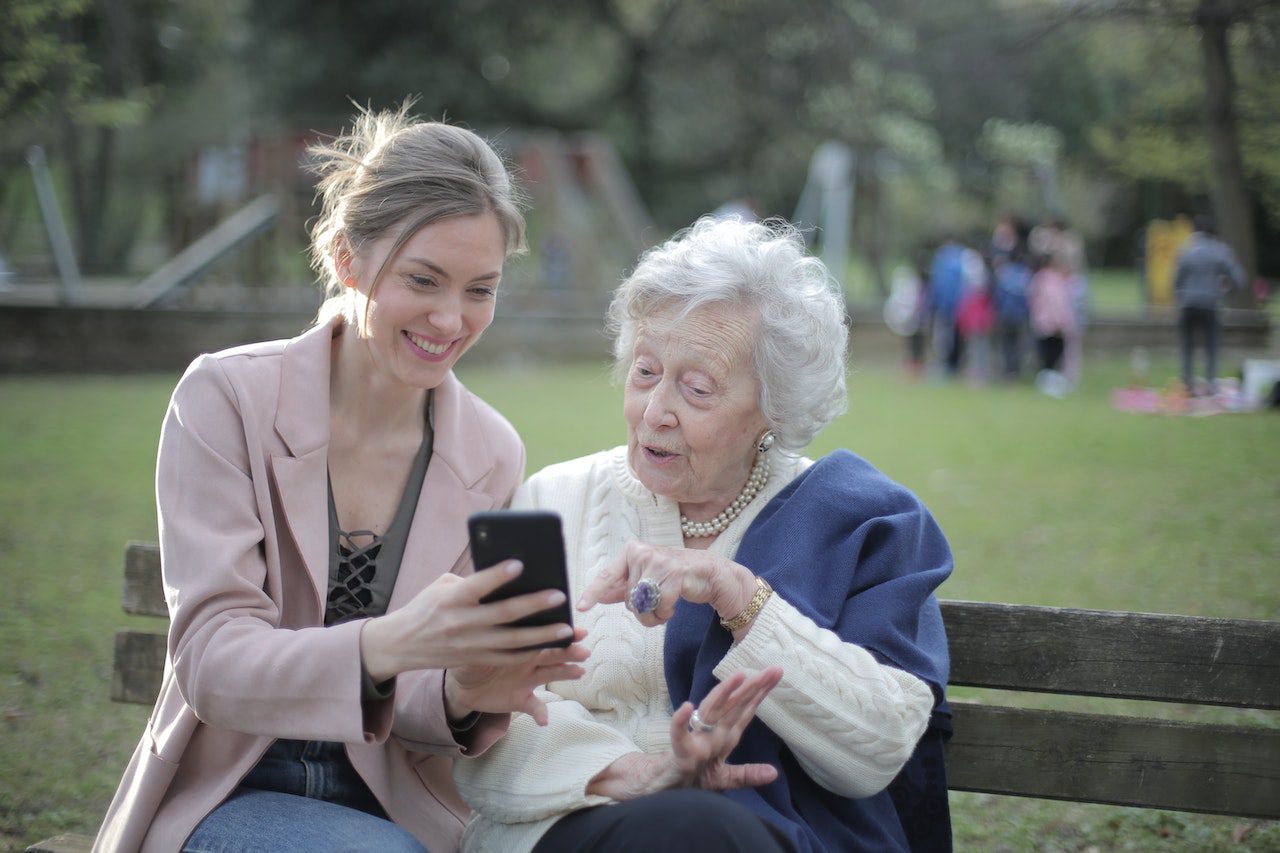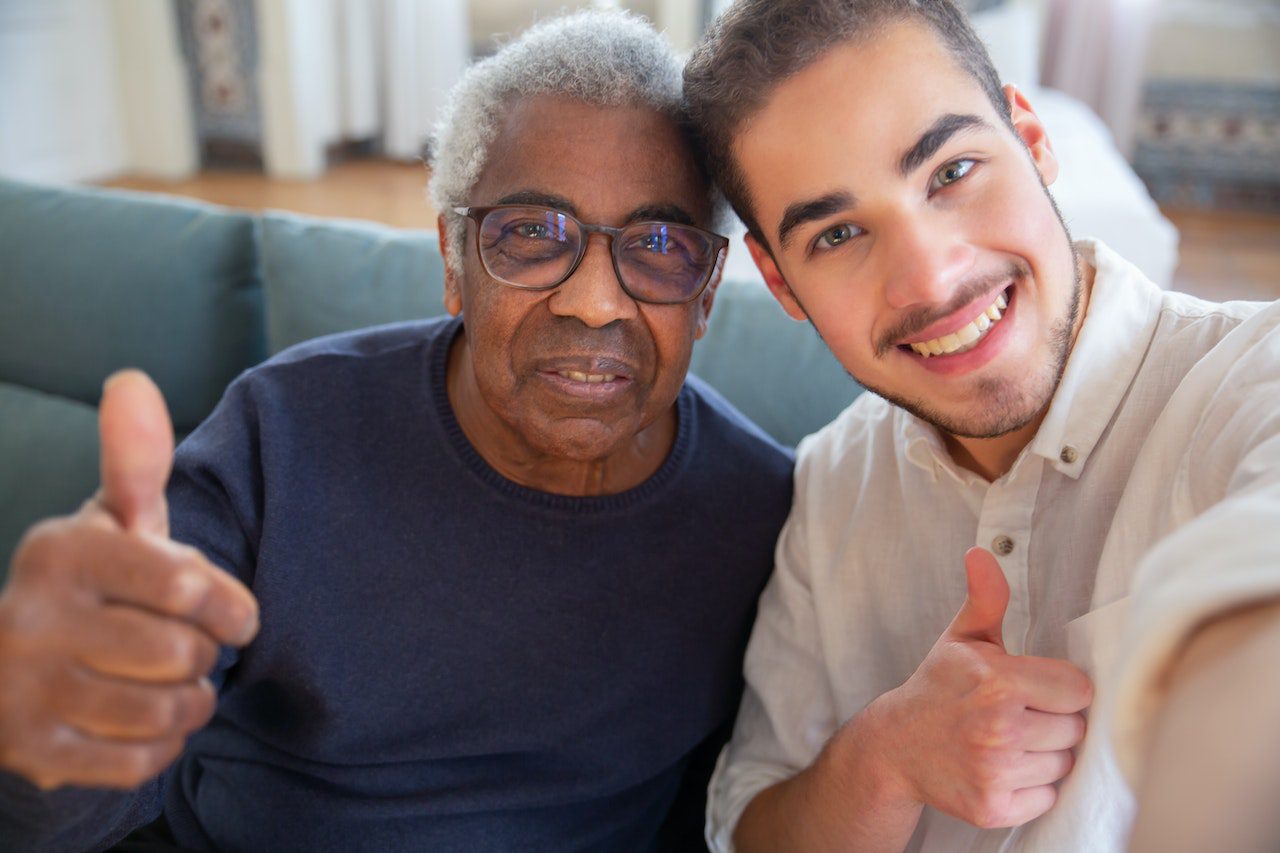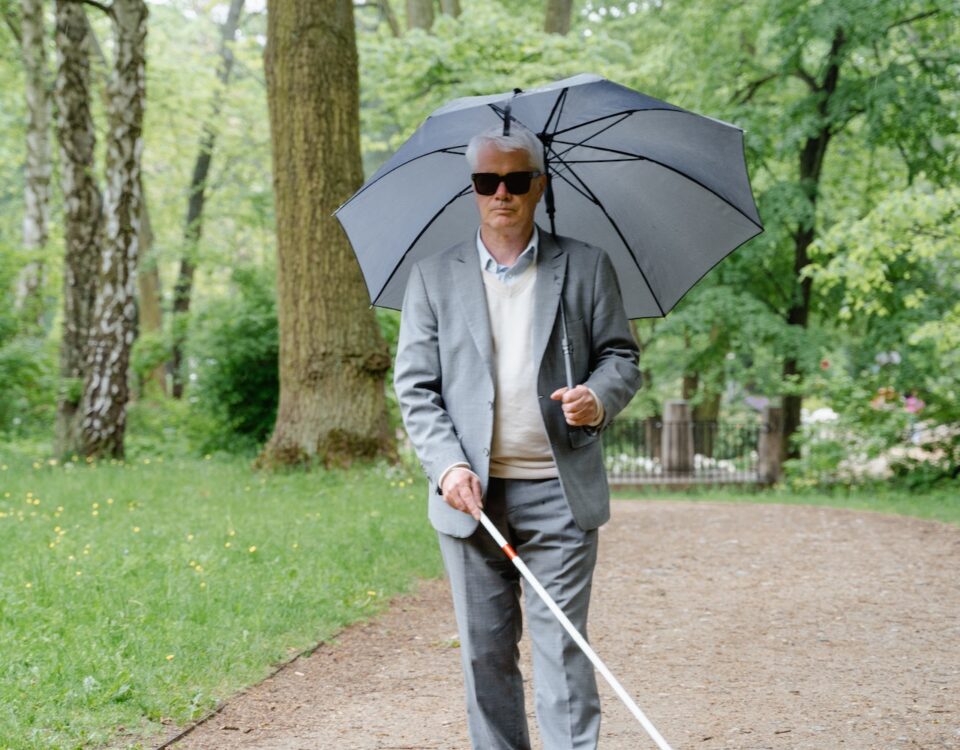You can’t always be there. But we can.
Companion Care for the Elderly

Tips for Communicating with and Supporting your Home Care Provider
May 5, 2023
Tips for Managing Arthritis Pain in the Elderly
July 3, 2023Companion Care for the Elderly
The differences between companionship for seniors and elderly care at home

When it comes to providing companion care for elderly parents, many adult children may be faced with deciding whether to hire a caregiver or a companion. Caregivers and companions are two different roles, each with its own unique responsibilities and advantages. In this article, we explain the differences between companionship for seniors and elderly care at home so that adult children can make an informed decision regarding in-home care for their elderly parents.
Professional Caregivers for Elderly Care at Home
When determining your family’s needs for elderly companion care, it’s important to understand the role of a professional caregiver. A caregiver is a trained individual who provides medical and/or non-medical elderly care at home. A caregiver’s primary role is to assist with activities of daily living such as bathing, dressing, eating, and toileting. In addition, they may also assist with instrumental activities of daily living such as housekeeping, transportation, meal preparation, and medication management.
Caregivers are highly trained and experienced professionals who can provide quality, safe care to elderly individuals. They understand how to support older adults best and strive to ensure their physical and emotional well-being. They may also be able to provide medication reminders or medical management services depending on the individual’s needs. In addition, caregivers often provide limited companionship for seniors. These visits and interactions can help combat loneliness and depression in older adults.
The advantage of hiring a professional caregiver for companion care for the elderly is that they provide the necessary medical and non-medical services to help elderly individuals maintain a high quality of life.
Companionship for Seniors

A companion is an individual who provides emotional and social support to elderly individuals. The primary role of a companion is to provide conversation, emotional support, and companionship for seniors. They may also help with light housekeeping, errands, and transportation. This kind of companion care for the elderly allows the couple or individual to remain independent while still receiving assistance with daily tasks. Companions can also assist in leisure activities such as going on walks or playing games that keep the older adult active and engaged. The emotional and social support a companion provides helps reduce feelings of loneliness and depression while improving the overall quality of life for the senior citizen.
Companions can also provide support and companionship in a way that caregivers may not be able to due to their focus on providing medical and/or non-medical services.
Selecting the Best Companion Care for the Elderly
In summary, the primary difference between a professional caregiver and a companion is that caregivers provide medical and/or non-medical services, while companions provide emotional and social support. For adult children searching for in-home medical and companion care for elderly parents, it is crucial to understand the differences between caregivers and companions so that they can make an informed decision about who to hire. Therefore, it is essential to clearly understand the differences between a caregiver and a companion before making decisions about in-home care.
How to Find Companion Care for Elderly Parents
Many resources are available for finding appropriate companion care for the elderly, such as local senior centers, government agencies, and online directories. Researching both professional care providers and those who offer companionship for seniors can help ensure that you select the best option for your loved one’s needs. Be sure to consider the caregiver’s qualifications, what type of services they provide, and how much experience they have caring for individuals with similar conditions or needs as your loved one. This expertise is especially important for elderly parents diagnosed with dementia or Alzheimer’s disease or who have a serious or chronic medical condition. Additionally, it is important to select an individual with the right personality traits and interpersonal skills to provide compassionate care while respecting boundaries and adhering to safety protocols. A professional caregiver or companion can become a trusted ally to both you and your elderly parents, so making sure there is a personality match is worth the effort. Lastly, be sure to ask questions about their rates, fees, payment policies, and other related topics so that you fully understand all aspects of providing in-home care for your loved one.
1Heart Caregivers: A Full-Service Senior Care Agency
To learn more about 1Heart Caregiver Services and the in-home senior care services we provide, contact us today! We are ready to help you with your loved one’s home care needs.

